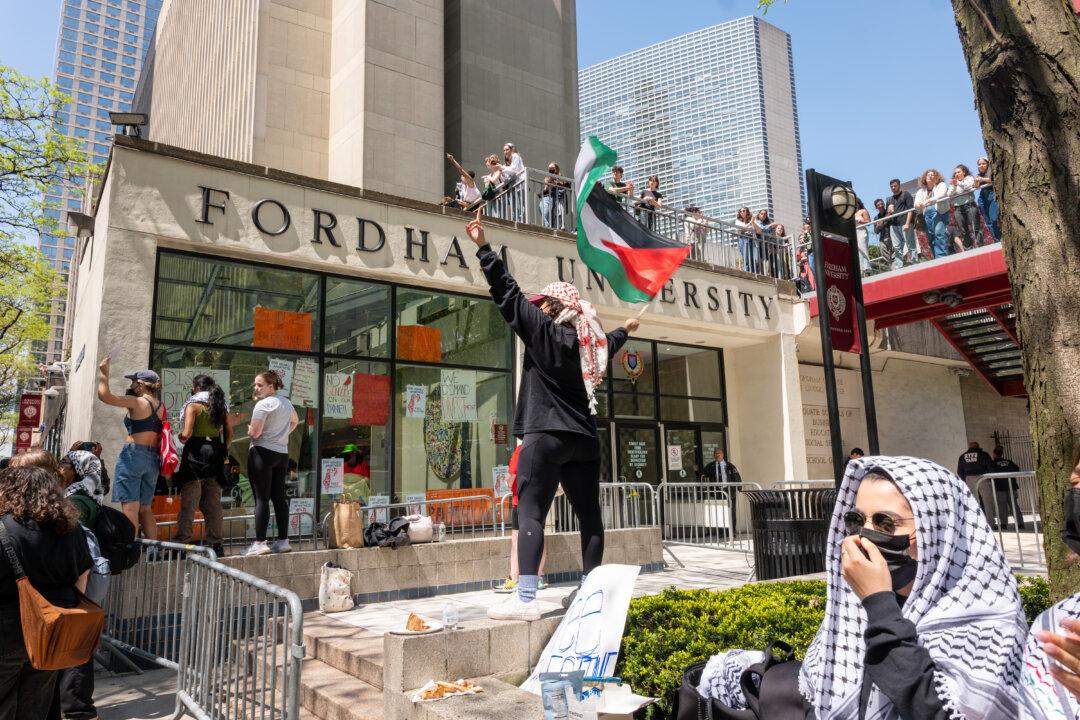Commentary
After the Oct. 7 slaughter in Israel, author Brigitte Gabriel posted on X, formerly known as Twitter, about her experiences growing up in Lebanon. She described her childhood in the once-prosperous and peaceful country as “idyllic” and recalled how its capital, Beirut, had been hailed as the “Paris of the Middle East.”





